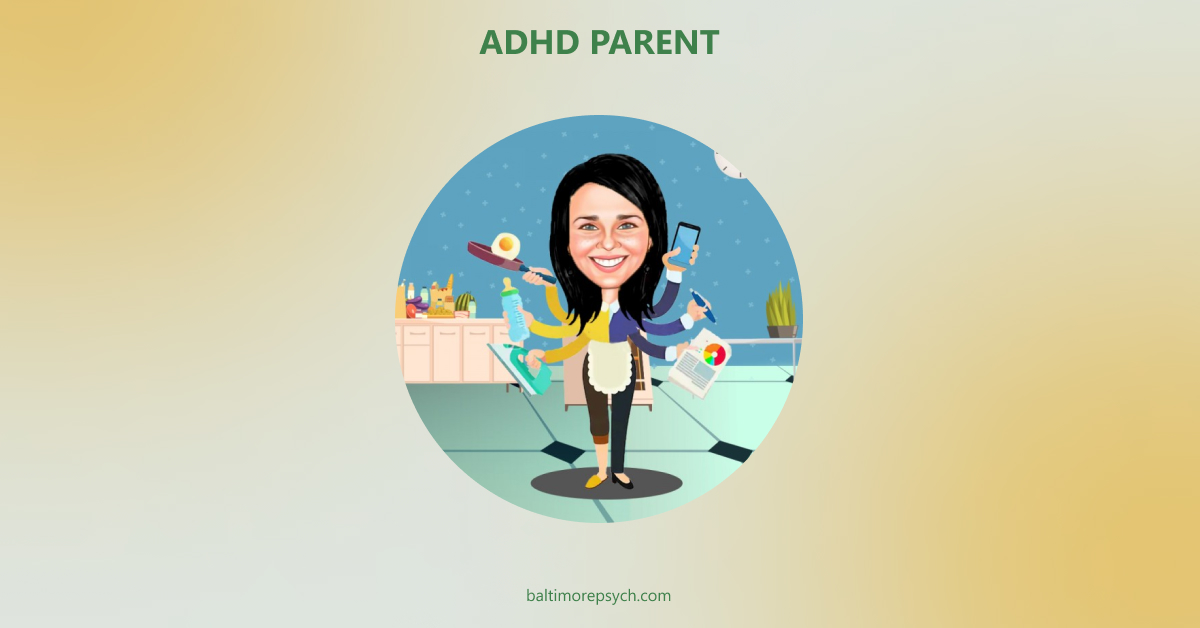In many cases, AD/HD is inherited, so if you have it, some other family members might have it too. Sometimes, when a son or daughter is diagnosed, the parents start remembering the problems they had when they were growing up. They may realize that they are a lot like you!
What is it like to have a parent with AD/HD?
We asked one of my adolescent consultants. He said that there are good and bad things about having a parent with AD/HD. Sometimes, his mother blows up and yells. Then, it can take a while before she cools down and apologizes. Other times it is fun and exciting because she has a lot of energy and thinks up exciting things to do on weekends. It’s nice to have one ADD parent and one “normal” parent. His dad tells her when she gets too mad and vetoes some of her more outrageous ideas. He can go to his mother for some things and his father for others.
How to deal with an AD/HD Parent?
1. Understand that ADHD is a real disorder
It is important to note that Attention Deficit Hyperactivity Disorder (AD/HD) is a legitimate learning disability and not just an excuse for bad behavior. Knowing this can help you understand why your parent may behave the way they do and develop empathy.
2. Educate yourself on the symptoms of AD/HD
Take time to learn more about what it means to have AD/HD, research how it affects the brain, and look into other ways in which you can support them better.
3. Develop strategies for improving communication
Determine methods of communicating with each other such as setting aside regular times to talk or using written notes or emails if needed. This will help ensure clarity when discussing topics so nothing gets misinterpreted or overlooked.
4. Be patient and understanding
AD/HD parents are often easily stressed out due to their condition, so be patient with them even when things don’t go according to plan or tensions arise between you two.
5. Respect their personal space
Allow your parent some space when they need it without feeling like they have done something wrong; this will give them time to self-regulate without any added pressure from others around them.


